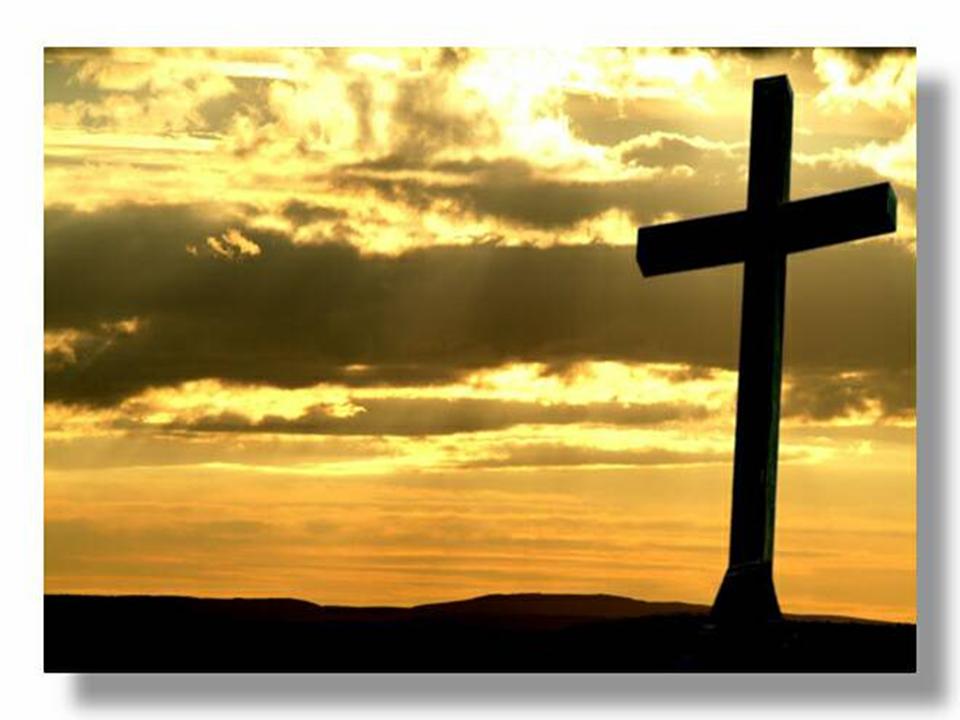Psalm 146
(archived message)
Praise ye the LORD. Praise the LORD, O my soul. While I live will I praise the LORD: I will sing praises unto my God while I have any being. - Psalm 146:1-2What a way to start your day! Singing praises unto God. Praising Him with your whole heart. reminding and recommitting yourself to praising Him for your entire life.
Put not your trust in princes, nor in the son of man, in whom there is no help. His breath goeth forth, he returneth to his earth; in that very day his thoughts perish. - Psalm 146:3-4
We are reminded that our hope doesn't come in man. It's not in the people we put in the White House, it's not in the Alderman or any one in government. Why? Because when he dies, all that was him, goes with him. But there is no end to God, He is eternal. (I found this a good note for us. As we are placing our hope in our new president, we must remember he is only a man, not God. God can work through him, but whatever good comes it is because of God).
Happy is he that hath the God of Jacob for his help, whose hope is in the LORD his God: Which made heaven, and earth, the sea, and all that therein is: which keepeth truth for every: - Psalm 146:5-6
Our true happiness and hope is in the Lord. We can think of a few of those things that make Him great. He made everything that is, there is nothing that was not made by Him and in Him is truth, forever.
Which executeth judgment for the oppressed: which giveth food to the hungry. The LORD looseth the prisoners: The LORD openeth the eyes of the blind: the LORD raiseth them that are bowed down: the LORD loveth the righteous: - Psalm 146:7-8
So what are some more things that we can rejoice and be happy in? The Lord helps those that are oppressed. Are lifes situation pressing in on you, does the enemy of our soul stand accusing you? Well God is able to execute judgment, because His Son paid the price. Are you hungry? Is there something in your spiritual diet that is missing? God's got it! Whatever you need to fill the hunger, He has. If it is wisdom, or discernment, peace or any other wonderful gift. He is willing to feed you the spiritual food. He has the keys to open the doors of the prision that has you bound. Are you bound to sin? Jesus' blood can release you from that prison. God opens the eyes of those that were spiritually blind. Unable to see God's vision? God has the power to give you His 20/20 vision. Those that are bowed down by the situations of this world, God is able to release you from that which weights you down. He can lift you above the cares of this world. And lets rejoice in that God loves those that are righteous.
The LORD preserveth the strangers; he relieveth the fatherless and the widow: but the way of the wicked he turneth upside down. The LORD shall reign for ever, even thy God, O Zion, unto all generations. Praise ye the LORD. - Psalm 146:9-10
The Lord in His mercy, will preserve the stranger. Preserve means to keep safe. But also when I think of preserve, I think about food, when it is salted to keep it for a later time, so that it won't spoil. May be God is saying that He is willing to invest some "salting" on to the stranger? May be God is saying He is willing to show the stranger something about Himself, until they come to accept His gift of salvation? I believe so! He also brings about relief for those that are fatherless and without a spouse. He cares for all! He also gives a final warning, that the wicked don't go unnoticed. He will turn the wicked upside down, they won't know what's coming at them. What seems like it should be one way, it will be another. And just as we began this scripture, we end it with Praise.
So today, let us remember to count or list some of the wonders of our Lord. And as we list these wonders, let us begin and end our day with praise and dedication to His purpose and His plan.Praying today for our True Worship to God.
This was a lesson from a few years ago, but I wanted to pull it back out and use it. I also want to add something to it. We need to sometimes take a time of prayer that does not have us "asking" God for anything. Yes God wants us to bring our cares to him. However, somethimes we need to simply take a time to worship God in prayer but just giving him praise and reciting in that time his goodness. This last week I had the opportunity to pray with a few people and this is how we spent that time. It was such a worship experience for all of us.
What did we remind ourselves of? We first thanked God for Jesus. For Jesus took on flesh and freed us from the bondage of sin. He not only took away the gross sins we commit but he also took away all dispointments, all hurts, all abuses, all that others sins have caused in our lives. And when he did that he freed us from our sins and the sins of others. If you start their and continue to thank God, watch how you find yourselves in praise. So this week take the time to pray but not asking but giving thanks.












